Disney’s Biggest Weakness: Why Mickey Mouse Should Be More Like Mario
We’ve been saying for a while that video games are a blind spot for Disney. Now a former executive and potential CEO successor to Bob Iger agrees. This post discusses Disney’s big problem with gaming, how to fix it, and why Mario should be the ‘role model’ for Mickey Mouse.
While speaking at the Yahoo! Finance Invest conference last month, Candle Media CEO and former top Disney executive Kevin Mayer spent a lot of time discussing the Walt Disney Company. As you might recall, both Kevin Mayer and Tom Staggs were recently welcomed back into the Disney fold as strategic advisers to Bob Iger.
It’s been speculated that this is a precursor to one or both being brought back to succeed Iger via a talent acquisition of Candle Media. This blog has been championing this duo or Josh D’Amaro-Dana Walden as co-heads of Disney with an Eisner-Wells or Walt-Roy dynamic. (Basically, we just want someone at the top who cares about Walt Disney World and Disneyland!)
Point being, this is not just some random former executive who was scorned by Disney airing his laundry list of grievances or failures of the company. Kevin Mayer is part of Bob Iger’s inner circle, and has a legitimate shot at being Disney’s future CEO. I’m no Las Vegas odds maker, but from the outside looking in, I’d put him among the top 5 candidates. So what Mayer says carries weight, and could be a preview of what’s to come.
In any case, here’s what he had to say about video games and Disney: “Games is the one place where I think Disney has not yet made a substantial investment,” he said. “It’s also a place where people can interact with or spend a lot of time with their favorite characters in context.”
Mayer added that “gaming is the last big business platform. You plug that into those core assets, and no matter what happens to those linear networks, you have a really great growth trajectory.”
He’s right.
An existing games studio made our list of 5 Businesses Bob Iger Should Sell & Buy as an acquisition that Iger needs to make, even though he’s unlikely to actually make it anytime soon. It’s unfortunate that the company’s debt load and position is what it is, as Disney is incapable of building its own video game studio and acquisition costs are only going to increase–significantly.
The last few years have seen hundreds of billions of dollars in video game company mergers and acquisitions, as the industry consolidates and Sony and Microsoft have locked in smaller studios to their platforms. Microsoft just finished up a bitter fight with the FTC, which unsuccessfully challenged its $69 billion acquisition of Activision Blizzard. Industry insiders have said that many more deals are likely on the horizon.
Video games are a blind spot for many people, and that’s undoubtedly true for readers here. It’s also presumably true for Bob Iger himself, who has gone out of his way to create partnerships with Apple on its future products because of his personal relationship with Steve Jobs. (Who knows what the future holds, but in the here and now, Disney dedicating time and resources to video games makes a ton more sense than being an early-mover on the Apple Vision Pro
There’s also the fact that Iger uses Apple products, whereas I’m just going to guess that he’s not playing Mario Kart or Minecraft. For both Iger and others, it’s important to remember that there’s often a difference between one’s own interests and cultural relevance. To that end, I want to provide some context as to video games are such a big deal.
In the last decade, the gaming industry has grown consistently, a trend that accelerated in 2020 when everyone was stuck at home. The global games market now has over $185 billion in annual revenue. That sum makes it bigger than Hollywood and the music industry combined!
The world’s biggest current franchises aren’t Avatar, Star Wars, Marvel, Cars, Toy Story, and Frozen. They’re Grand Theft Auto, Fortnite, Call of Duty, Pokemon, Minecraft and Mario. With each passing year, new video game franchises are born or strengthened by crossovers into legacy media.
Two of last year’s biggest movies (Super Mario Bros. Movie and Five Nights at Freddy’s) and one of the biggest television shows (The Last of Us) were video game adaptations, a trend that’s only going to accelerate given their success. Nintendo has officially announced that it’s working with Sony on a live-action The Legend of Zelda, and there are rumors of at least a half-dozen other animated adaptations of Nintendo games. That includes credible rumblings of a cinematic universe that would build up to a Super Smash Bros. film (think the MCU and Avengers).
No offense to anyone reading this, but if you’re dismissive of video games, that probably says more about your age than anything else. As more millennials and younger generations–people who grew up on gaming–become parents or have more purchasing power, the market for video games is only going to become stronger and more mature.
For all of his dealmaking prowess and success in fostering the growth of Disney’s business units, Bob Iger has unequivocally failed at establishing the Walt Disney Company as a major player in the video games space. After losing nearly $1.5 billion, Iger shut down the company’s in-house gaming division, Disney Interactive, back in 2016.
Iger also conceded during a 2019 earnings call that Disney is “not particularly good” at self-publishing games, and was satisfied with licensing its IP to third parties, like Electronic Arts. Being satisfied partnering with EA is like outsourcing restaurants to McDonald’s. Sure, it gets the job done and is efficient, but is it really what’s best for the Disney brands?!
To be fair, this is not just an Iger or a Disney problem. Hollywood as a whole overlooks the current market and future potential of video games, and is satisfied licensing out its characters. The problem with this is pretty evident to anyone who has ever played one of these games: many of them are not very good.
If you think about it, this makes perfect sense. If you’re a third party video game studio using someone else’s popular IP, what incentive do you have to devote your top talent or resources to it to make the end product any good? If you have the rights to make a game based on Gollum from Lord of the Rings, you could dump a ton of money into ensuring that it’s excellent. Or, knowing the star-power that Gollum packs, you could be satisfied spending, like twenty bucks on development, make one of the worst games ever, and hope it’ll sell anyway.
That’s a very specific example and there’s almost certainly more to the story about why Gollum is uniquely bad. But the thing is, we’ve seen this play out time and time again with Disney-branded video games. At best, they’re mediocre and utterly forgettable. These games might enjoy some popularity with hardcore Disney fans, but they’re not even close to cracking the cultural zeitgeist.
At worst, they’re filled with microtransactions, actively tarnishing and milking the brand rather than reinforcing it. There’s a certain reputation that comes with Disney-branded video games, and it certainly is not one of quality or ambitiousness. Even the reasonably well-liked Disney Dreamlight Valley is bad about this, and nothing like a first-party Nintendo title.
Third party publishers know they’ll sell to a certain degree without much regard for quality, Disney will collect its a nice little fee, and everyone goes home happy. Except do they? At the end of the day, Disney has made next to no long-term impact in the realm of video games. They have zero legacy or fanbase beyond fans of Disney who also play video games. It’d be roughly equivalent to Disney only releasing the live action remakes, without ever having made the animated movies upon which they’re based.
All of this is put into especially stark relief at you look at what Nintendo has accomplished of late. After being released in 2017, the Nintendo Switch has become the #3 all-time best-selling video game console, surpassing even the Wii and original Playstation. Like the Wii, this device is another approachable console that’s popular with mainstream audiences rather than just hardcore gamers.
Beyond the console being really good, the Nintendo Switch has sold so well because of the company’s first-party software dominance. Nintendo has always been exceptional at brand stewardship, and that really shows this generation. The Legend of Zelda: Tears of the Kingdom and Breath of the Wild are all-time greats, Mario Kart 8 is the #6 best-selling game ever, Animal Crossing: New Horizons basically got the nation through 2020, there have been several popular new Pokemon games, and Super Smash Bros. is a cultural phenomenon.
While good in their own right, Mario Kart and Super Smash Bros. are also good examples of Nintendo nurturing and cultivating characters and new IP. The studio has cleverly kept characters in the spotlight, even as their core franchises have gone dormant. They’ve used these and other popular games as a springboard for spinoffs and remakes, to great success. They’ve also done a stellar job recognizing when remakes, re-releases, and sequels make sense–doing these things sparingly and strategically.
Nintendo’s recent successes have not stopped with video games. Arguably the two biggest recent accomplishments have been the company’s successful leap into theme parks and movies via its partnership with Universal.
Super Nintendo World has been a smash success in both Universal Studios Hollywood and Universal Studios Japan. It’s a commercial and creative success, with the lands being perpetually-packed and selling oodles of interactive wristbands and other merchandise. And in Spring 2024, Donkey Kong Country will open in Osaka, the first of several rumored expansions beyond the original Super Nintendo World at Universal’s theme parks.
Then there’s the Super Mario Bros. Movie, which claimed the #2 spot from the original Frozen on the list of all-time top grossing animated movies with a box office haul of nearly $1.4 billion. As mentioned above, there’s already chatter about future films; no movie makes over a billion bucks these days without at least a half-dozen sequels and spinoffs being greenlit. That’s like the first law of Hollywood.
Obviously, raking in over $1 billion at the box office and who knows how much at the theme parks is very good (mild understatement) and Nintendo should be very happy about its success. Equally important is that the company has introduced all-new audiences to its characters.
That might sound funny given that Mario is already hugely popular. In fact, Mario has been more recognizable than Mickey Mouse for three decades among American children. The operative caveat there, of course, is “among American children.” See the note above about video games being a blind spot for many people, especially older audiences. Despite this, I’m guessing some of those people went to the movies or theme parks this year and fell in love with Mario. His video games have undoubtedly found new fans as a result.
A few years ago, Nintendo didn’t even have a ‘franchise flywheel’ in the traditional sense of the term. Now they have one that would be enviable to most media companies, Disney included. Suffice to say, Mario is only going to become more popular and recognizable, as the character is introduced to non-gamer audiences. Some of those people will, in turn, become gamers.
What Nintendo has done with Mario over the last several years is what Mickey Mouse could and should be. It honestly boggles my mind that Disney didn’t see that survey in the 1990s and think, “this is our blueprint.”
To be sure, Disney has done some smart things to revitalize Mickey Mouse. The recent cartoon shorts were top notch and Mickey & Minnie’s Runaway Railway is an excellent addition. It’s also crazy that this is the first theme park ride for the classic character, and that the cartoon shorts have now come to an end.
Beyond being a mascot, Mickey Mouse doesn’t seem to have any substantive future for Disney. That’s nuts! Mickey & Minnie and their friends are not all that much different than Mario & Luigi and their friends!
It’s wild to me that Disney hasn’t made an earnest attempt at parlaying the popularity of Mickey Mouse into something else. Obviously, a platform game is what I have in mind, but there are so many possibilities–and Disney seems content on not attempting any of them.
As someone who has an interest in the business side of Disney, it fascinates me how Nintendo has been able to accomplish this. A big part of it is undoubtedly owing to the long tenure of its core creatives and leadership. Shigeru Miyamoto, known affectionately as the Walt Disney of video games, created the company’s biggest characters and franchises…and is still actively involved with production.
He’s just one of many key individuals who has been with Nintendo for decades. (Another great example is Takashi Tezuka who produced Super Mario Bros. Wonder, and has been working on the series for almost 40 years starting with Super Mario Bros. in 1985.)
Disney has executives who have been around decades, to be sure, but one of the biggest issues we see at Walt Disney World is a lack of institutional knowledge and memory. Increasingly, it seems like Parks & Resorts is a springboard to other positions, often in other companies. By contrast, Nintendo keeps its talent and is laser-focused on delivering fun, creative, and ambitious entertainment. Their level of success and quality output is truly mind-boggling.
Admittedly, part of this mini-rant might be prompted by my own media consumption. All of the following were among my favorite games, and blew me away:
- The Legend of Zelda: Tears of the Kingdom
- Super Mario Bros. Wonder
- Metroid Prime Remastered
- Metroid Dread (I know it came out a couple years ago, but I played it in 2023)
Collectively, these occupied roughly 200 hours of my time. I haven’t had a chance to play it yet, but I’m guessing Super Mario RPG will join that list. (I know that’s a number of hours that should be embarrassingly high for a grown adult, but keep in mind that Sarah was pregnant for ~9 months of the year and fell asleep at like 7 pm nightly. It was playing the Switch in bed or rewatching The Office, and there are only so many times I do the latter.)
Meanwhile, I can’t think of much Disney-Pixar-Marvel-Star Wars content that I even enjoyed aside from Once Upon a Studio, and I’m not really sure that counts. Guardians 3 was pretty good, but I’m struggling to recall other movies or shows that really clicked for me. Granted, I haven’t watched a lot of it…because so much has become so formulaic and uninspired that I’ve lost interest.
We mentioned market share as measured by revenue at the start, but time spent with the media and mindshare is an even bigger deal. Again, I spent a couple hundred hours with Zelda and Mario this year. It’s not something I’m bragging about–it just is what it is. And that’s as a “responsible” adult with other obligations. The average kid is not just consuming more video game content, but actively engaging with it. It’s occupying their minds and imaginations in a way that passive entertainment like movies and streaming simply are not.
It’s surprising to me that this isn’t more important to Disney, a company that has historically recognized the significance of its theme parks as integral to brand affinity. Those immersive spaces forge fans and reinforce relationships with movies and other media. However, they also have huge barriers to entry in cost and location. They may seem dramatically different (to you), but video games offer a somewhat similar sense of immersiveness. There’s a reason why the Mushroom Kingdom was so easy for Universal Creative to translate to a theme park.
The key difference is that video games are very easily accessible. My Nintendo Switch is like a virtual Walt Disney World that can go with me anywhere and the console cost less than a flight to Florida–let alone multi-day tickets, hotels, etc. Another fifty bucks gets a game that’ll provide dozens of hours of entertainment.
I’m always surprised when I meet a Disney fan who is not also a Nintendo fan. There is so much overlap between the two when it comes to family-friendly fun, imagination, creativity, and characters. It’s a similar story with professional wrestling; I’m not at all into that, but can still understand why there are a ton of Disney+WWE fans. It’s not as weird as it might sound–to each their own!
Honestly, I think you could argue that that the Nintendo of today is more like Disney during its prime than the Disney of today. It’s hard to say Nintendo is at the top of its game now given that the company has had so many peak eras and great games, but I think you could safely say that we’re in the midst of a Nintendaissance (like the Disney Renaissance of the 1990s), especially coming out of the dark days of the Wii U era.
Ultimately, I hope Disney looks at the current Nintendo Renaissance and uses that as the blueprint for itself in the future. It obviously won’t be easy–if it were, there would be a dozen studios like it instead of just one Nintendo–but Disney has a great advantage in already having so much intellectual property and beloved characters that would lend themselves wonderfully to a variety of video game genres. The “only” thing they have to do is invest the time, money, and creative talent to make video games that are good (easier said than done–just look at Microsoft).
I doubt that’ll happen anytime soon due to Disney’s debt load and other problems that need to be addressed with a greater sense of urgency. Trying to tackle video games at the same time could be biting off more than they can chew. But the thing is, at some point, Disney will want or even need to create a legacy for itself in gaming. It would be good for the brand and its characters, especially Mickey Mouse, who Disney otherwise seemingly does not know how to handle.
Need Disney trip planning tips and comprehensive advice? Make sure to read Disney Parks Vacation Planning Guides, where you can find comprehensive guides to Walt Disney World, Disneyland, and beyond! For Disney updates, discount information, free downloads of our eBooks and wallpapers, and much more, sign up for our FREE email newsletter!
Your Thoughts
What do you think? Should Disney attempt to emulate Nintendo’s strategy with Mario via Mickey Mouse video games? Should the company invest resources into video games, or is it just another money pit or distraction? Any questions? We love hearing from readers, so please share any other thoughts or questions you have in the comments below!
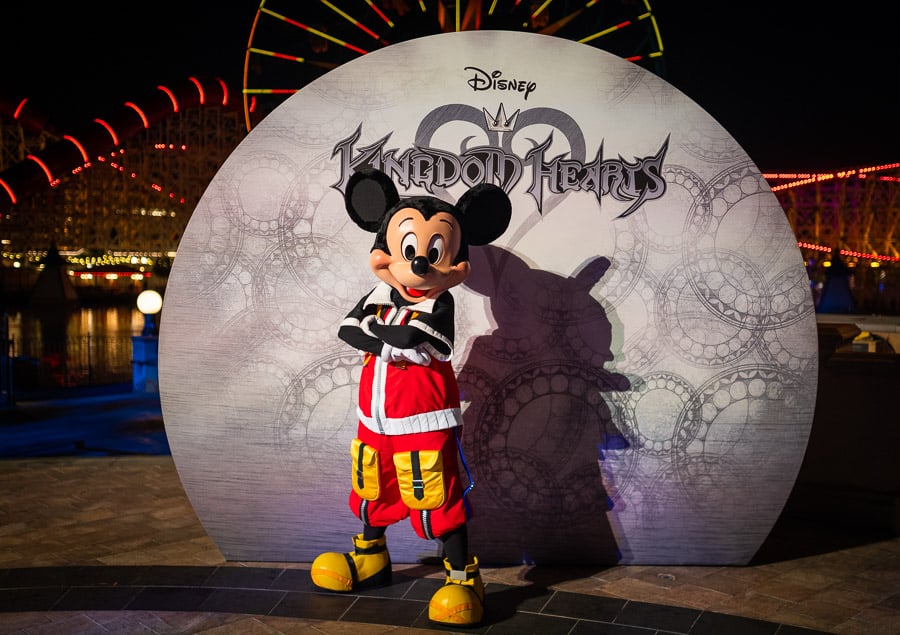
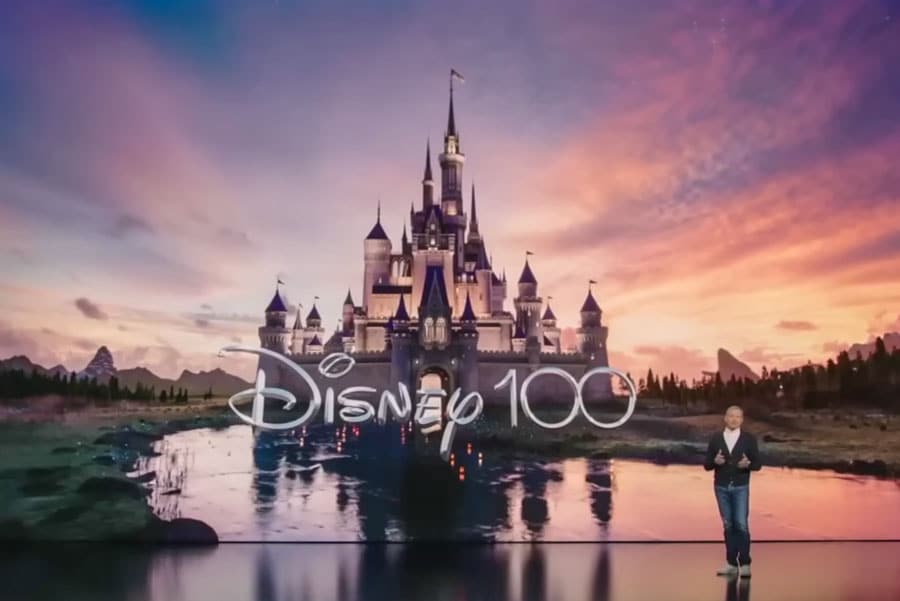
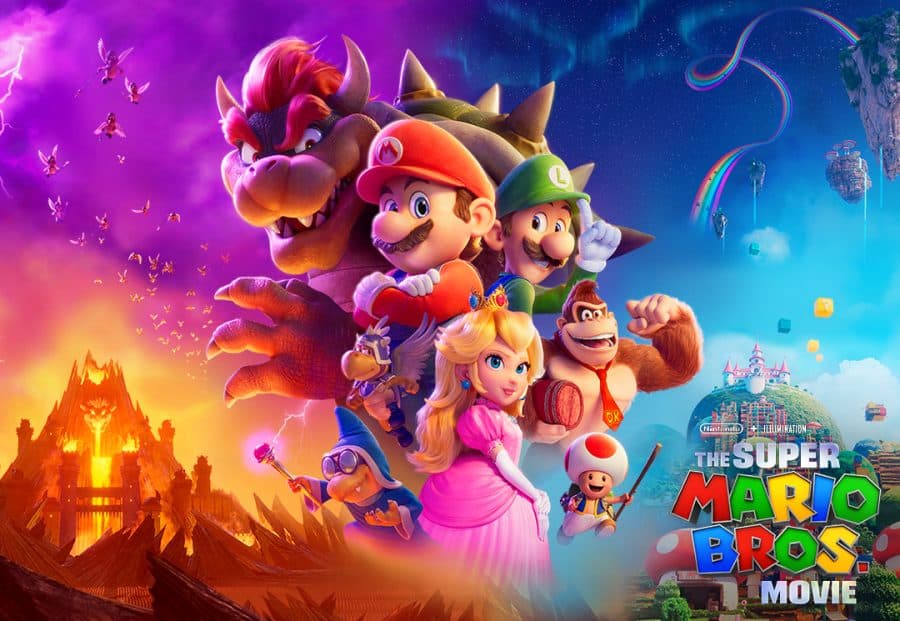
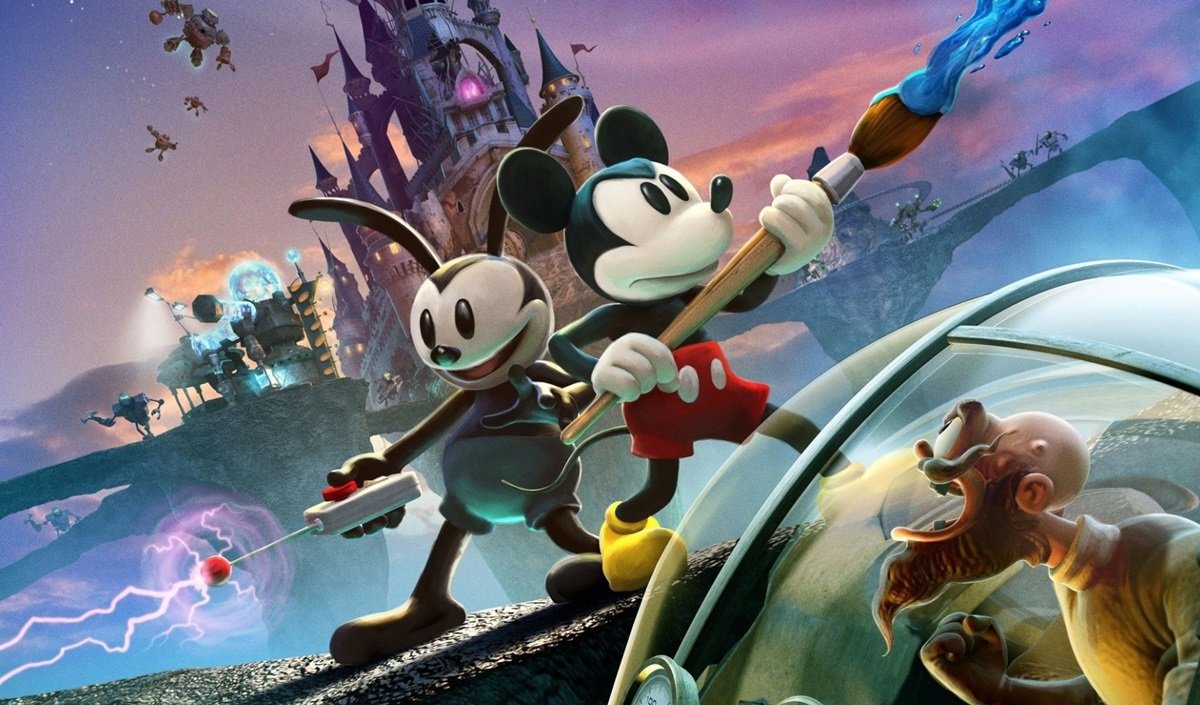

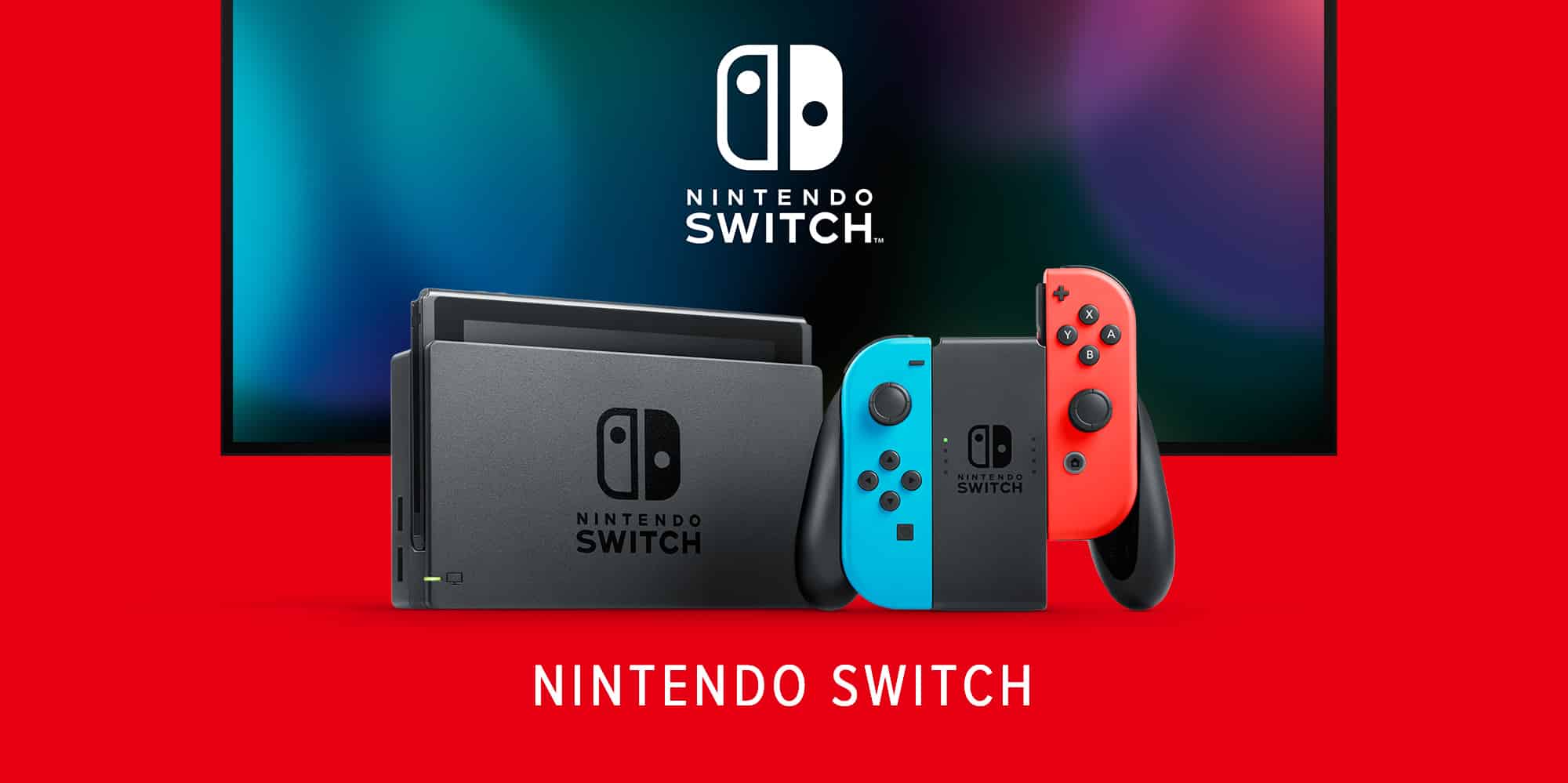
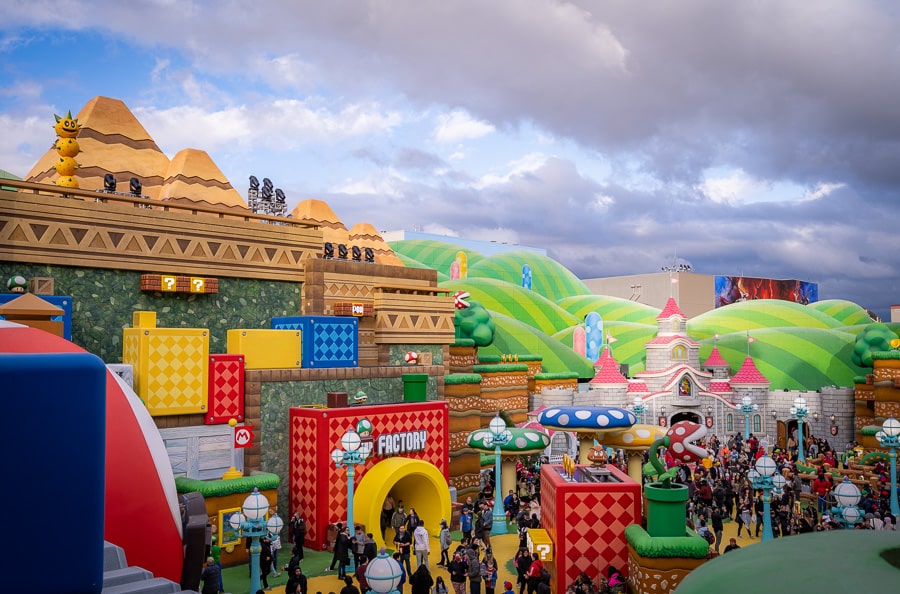
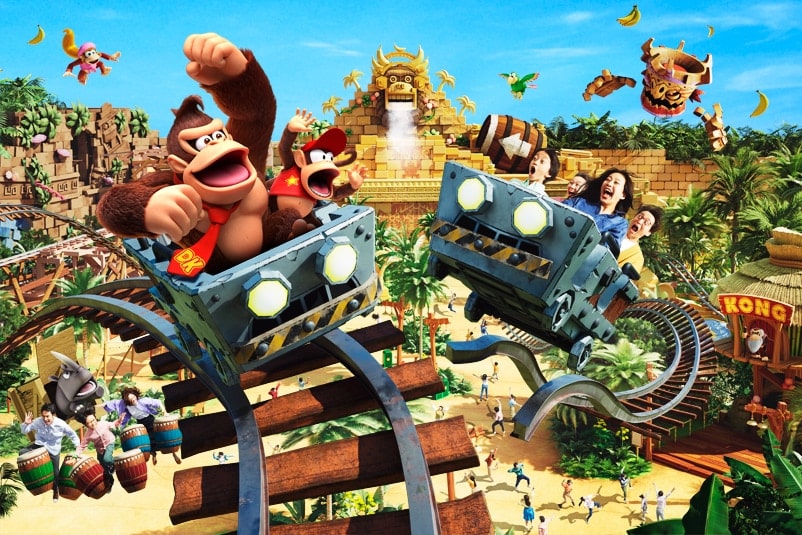
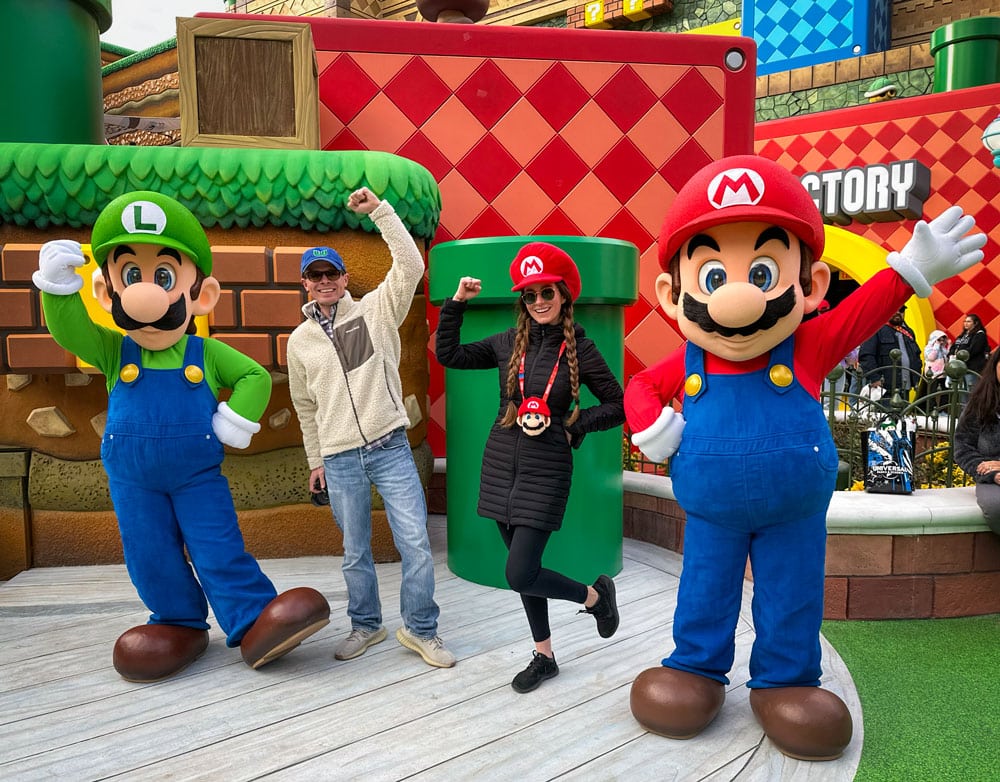
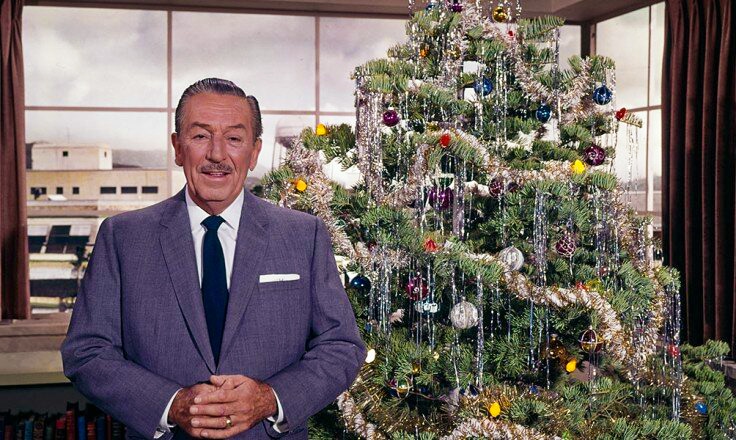
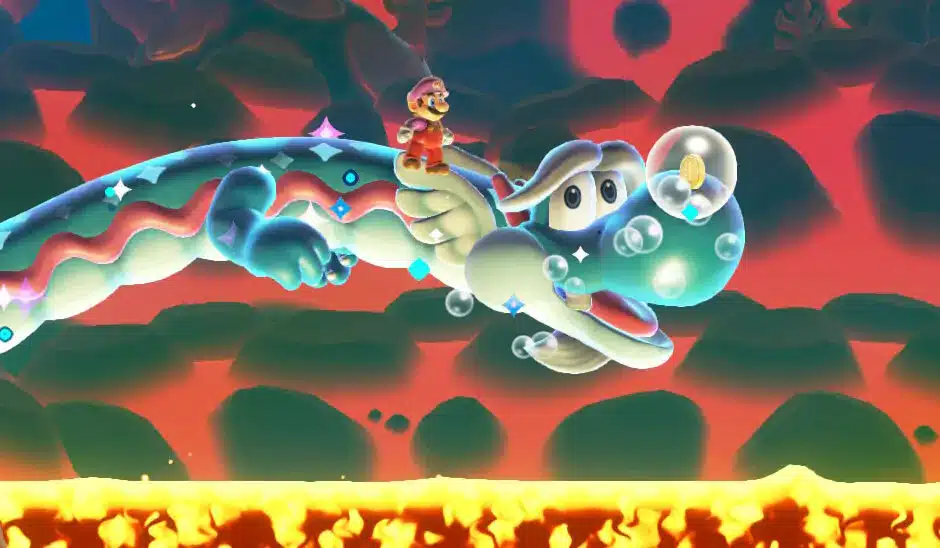
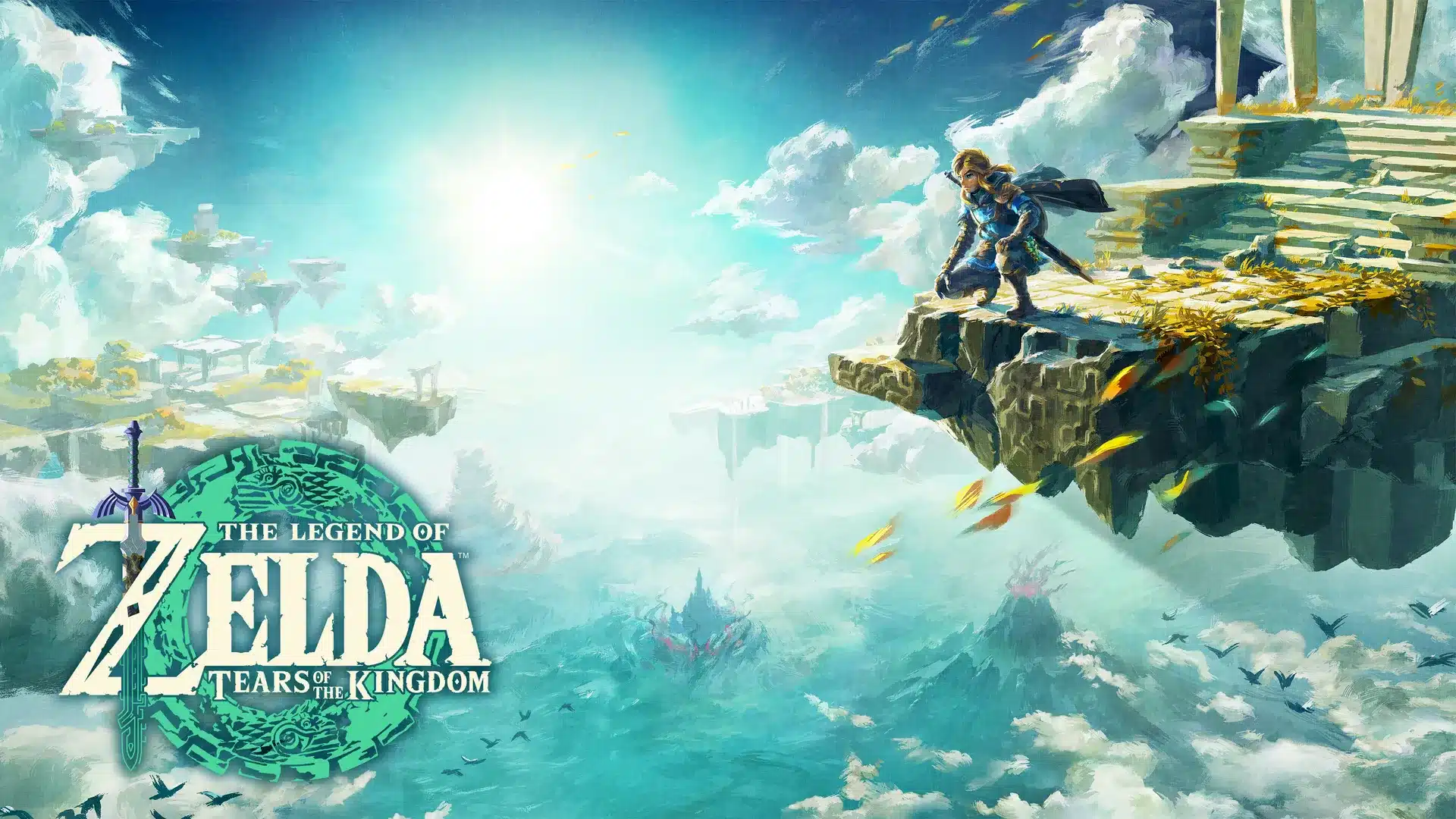
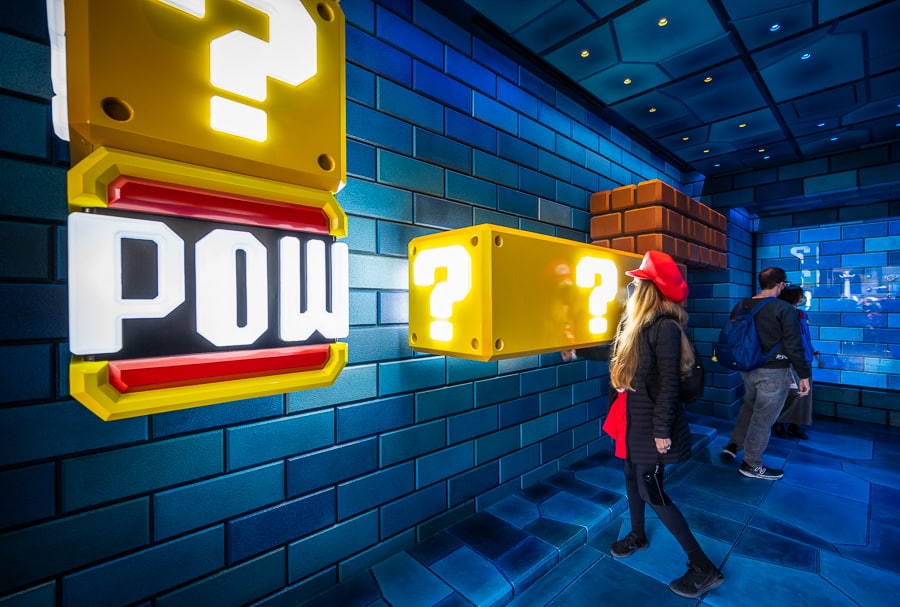
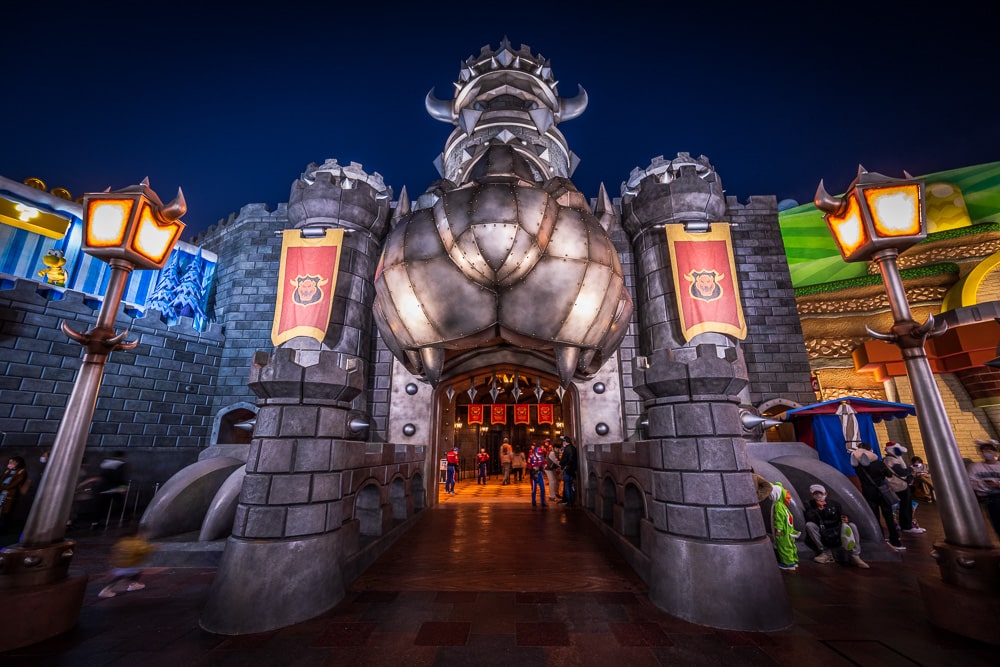
I thought Illusion Island was one of the most fun games of the year. It was especially good in multiplayer with my kids. We really enjoyed playing together and collecting the Mickey Memorabilia throughout the game.
I bought a WII just so I could play Epic Mickey. That was a good start and should have been pursued and expanded upon. The addition of Oswald was amazing then it just faded away.
They could probably look to some of the Star Wars games for a guide.
I had been looking forward to Dreamlight Valley when it was announced that it was going to be free to play. Then they decided to charge for it. I don’t have much time to play video games, so therefore will not put money into buying a game.
We did have a WII and I was given Epic Mickey, which was a really well done game.